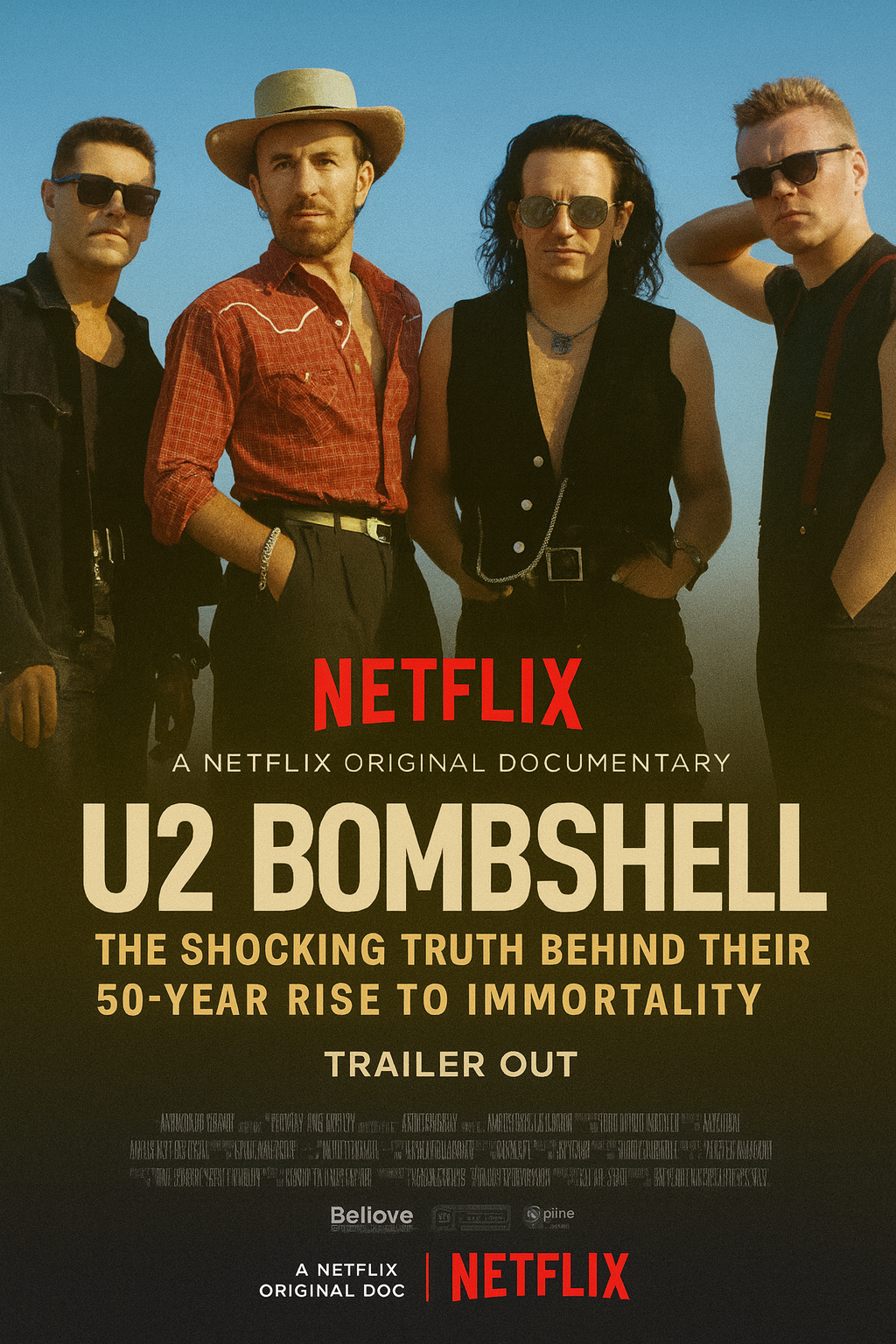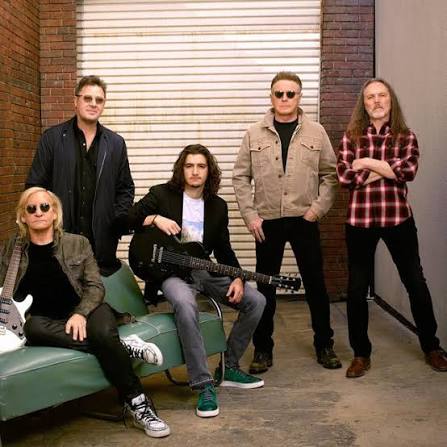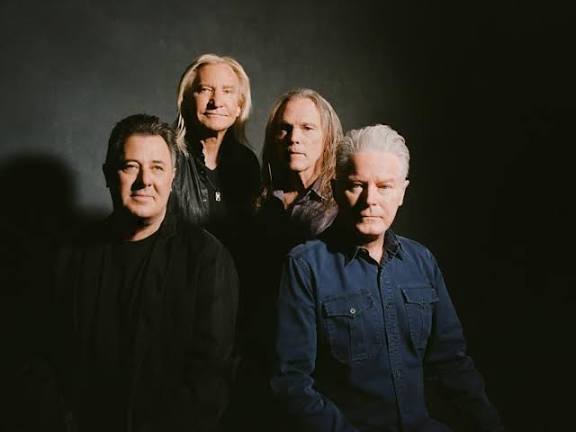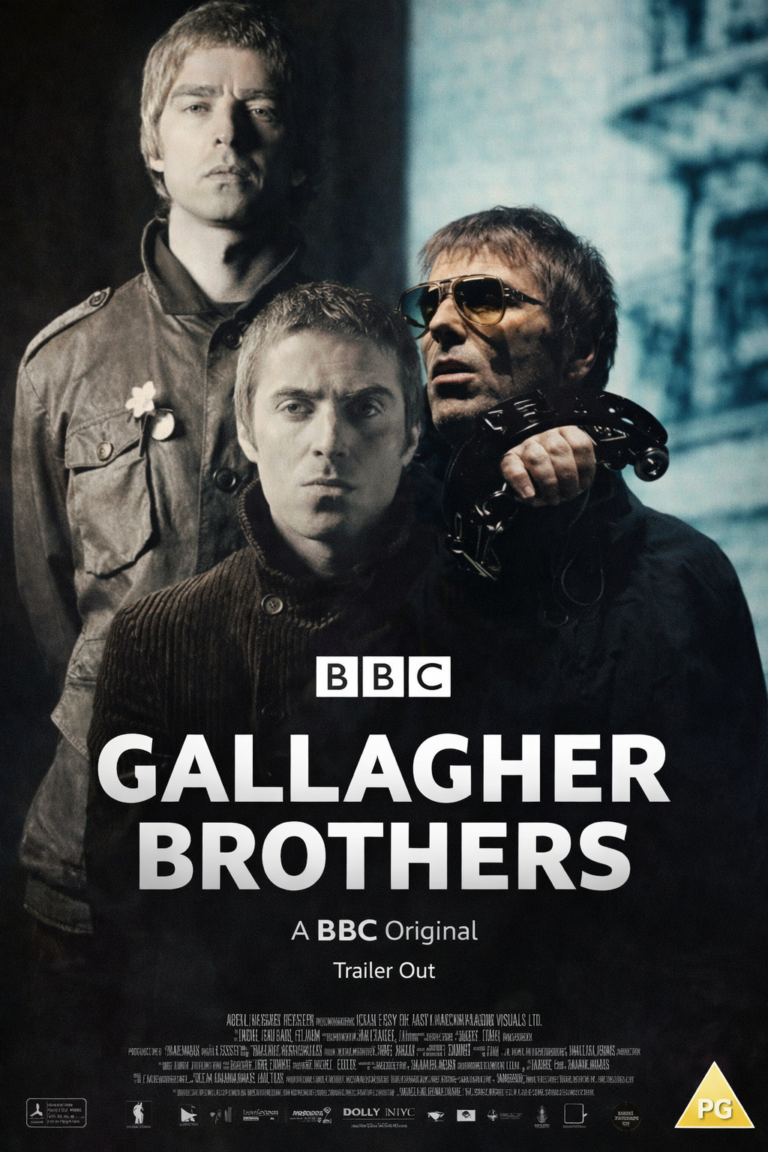
Netflix’s new documentary series on U2 is a sweeping, emotionally charged journey through one of the most influential bands of the last half-century. From the very first frame, the series captures the intensity, ambition, and spiritual heartbeat that shaped a group of teenagers from Dublin into global icons. Viewers are immediately drawn into the raw energy of U2’s earliest rehearsals, filmed decades ago on shaky cameras that somehow make their hunger for greatness feel even more real. Netflix skillfully balances nostalgia with revelation, peeling back the layers of a band whose story is as complex as it is inspiring.
The series dives deep into the band’s formative years, exploring how Bono, The Edge, Adam Clayton, and Larry Mullen Jr. first came together in a kitchen in Dublin with nothing but borrowed instruments and an unshakable belief in possibility. These early chapters show the sparks of future brilliance as the group developed a sound that fused punk’s urgency with emotional sincerity and political conviction. Interviews with childhood friends, early collaborators, and music historians round out an intimate portrait of a band whose roots were humble but whose vision was enormous.
As the episodes progress, Netflix highlights the meteoric rise that transformed U2 from local heroes to global rock pioneers. Tour footage, backstage recordings, and newly uncovered studio tapes reveal the creative battles, evolving dynamics, and constant reinvention that defined the band’s journey. From the spiritual expansiveness of “The Joshua Tree” to the psychedelic experimentation of “Achtung Baby,” the documentary showcases how U2 refused to remain static, chasing reinvention even when the world begged them not to change.
One of the series’ strengths is its willingness to examine the band’s commitment to activism, a defining trait that helped set U2 apart from their peers. Netflix presents a clear, thoughtful narrative of how the band’s music and message became intertwined as they championed causes like global debt relief, HIV/AIDS awareness, and human rights. Bono’s activism is portrayed not just as celebrity advocacy, but as a genuine extension of the band’s core values—an urgent belief that music can uplift, challenge, and transform.
The documentary also gives viewers rare insight into the emotional bonds that kept the band together through decades of pressure, success, and personal evolution. The members reflect on moments of tension, reconciliation, and the shared mission that always brought them back to one another. These reflections help humanize a band often viewed as larger than life, revealing a group of friends who grew up in the public eye but stayed grounded in loyalty and mutual respect.
In one of the most poignant sequences, the series places viewers in the present day, marking December 4, 2025 as a symbolic touchstone for U2’s legacy and continued relevance. On this date, Netflix captures the band reunited in a Dublin studio, revisiting iconic songs and exploring unreleased material that never saw the light of day. The quiet conversations, laughter, and reflective moments between the band add emotional weight, reminding viewers that U2’s journey is both historic and deeply personal.
By the seventh episode, the documentary widens its lens to examine U2’s global impact. Fans from every corner of the world share how the band’s music became the soundtrack to revolutions, personal struggles, and life-changing moments. Musicians and cultural critics dissect U2’s enduring influence on rock, pop, and even political discourse, painting a picture of a band whose resonance only continues to grow.
The series concludes with an uplifting message of continuity and gratitude. Netflix portrays U2 not only as legendary musicians but as storytellers, activists, and brothers who have weathered storms without losing their commitment to meaning and connection. The final scenes leave viewers with a renewed appreciation for the band’s artistry and humanity, proving that U2’s legacy is far from finished—and the music will continue to echo for generations to come.


